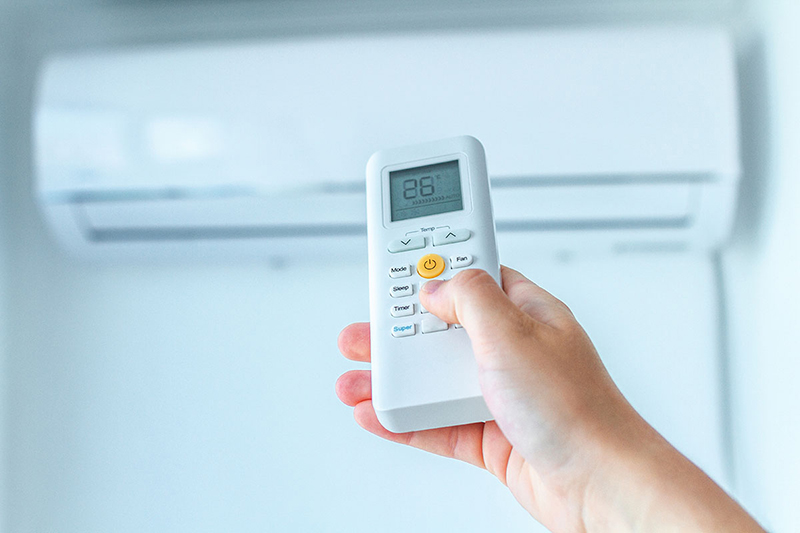
Back in 2020, the local government announced the gradual ban on the supply and usage of refrigeration and air-conditioning equipment that use harmful refrigerants. Under the new measures, air conditioners that use refrigerants with a global warming potential (GWP) of more than 750 will be banned from being supplied. This leaves options of using R-32 and R600a refrigerants with GWPs of 677 and 3 respectively. The measures will take effect from the last quarter of 2022. This means that you will be unable to find supply for your older refrigerants, like the R-22 or R410-A types. It also means that you will eventually need to find alternatives. Here are some things you might be wondering if you can do: Converting Your Existing System While it’s possible to recharge R-22 refrigerants to R410-A, the same cannot be said for converting R410-A refrigerants to R-32. R-32 refrigerants can only be used in systems specifically designed to use it. This is mainly because R410-A systems are not capable of using a flammable refrigerant. They would require extensive modification and validation from reputable sources to verify that the safety level is satisfactory by meeting international standards. This does not just apply to the refrigerant, but the entire unit itself. Going through these steps can be a huge hassle and incredibly troublesome, so think twice before deciding. Replacing the System The easiest way to resolve this issue is to change your old air conditioner to a new unit that satisfies the requirements. If you buy Daikin iSmile aircon, for example, it uses the R-32 refrigerant. Older units that still use the R-22 Freon refrigerant are likely to be due for replacement, so this would be a timely chance to change to environmentally friendly models. Other Daikin aircon Singapore models also use the R-32 refrigerant, especially since this brand was the first to successfully implement it in its air conditioners. Newer units also come with a bevy of benefits, including being energy efficient and with plenty of sparkling features that will come in handy. Risks of Improper Handling If not carefully managed, the toxic refrigerants can leak not just into your home, but into the atmosphere as well. Therefore, it is important to engage only a professional to handle the refrigerant to minimise potential health risks to both people and the environment. Reasons to Replace Apart from meeting local standards, there may be other reasons that call for the need to replace your existing air conditioner. Serious problems, like a failed compressor, means that it makes more sense to change out the entire air conditioner. Older units can be more difficult to manage as well, and tricky to repair. Consider the situation carefully and do your research before making a decision.